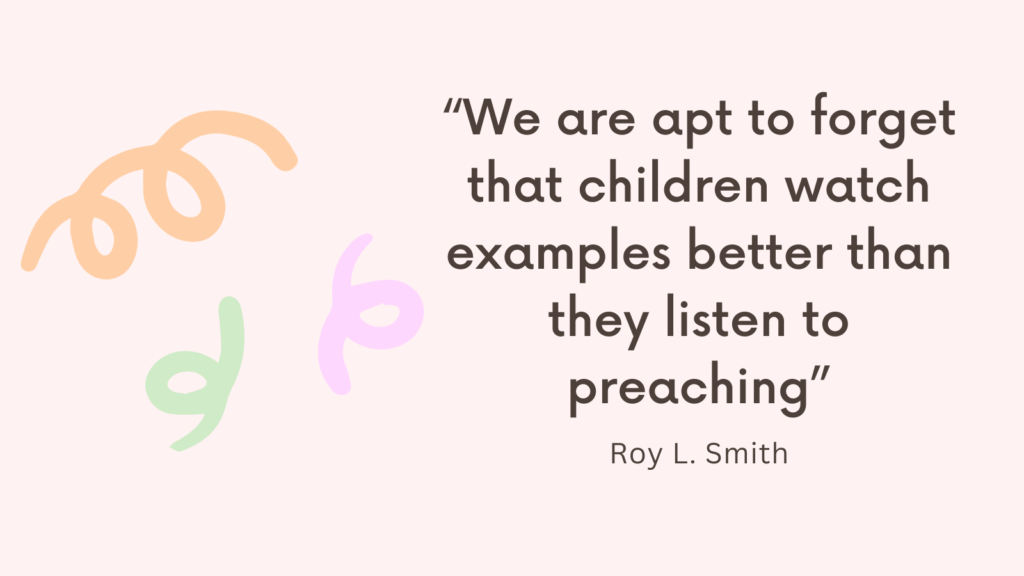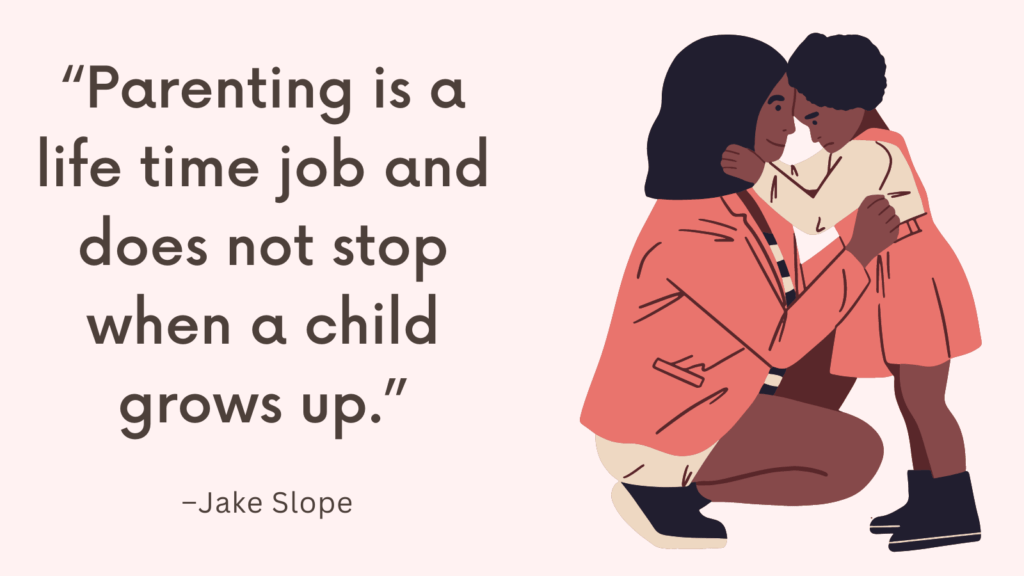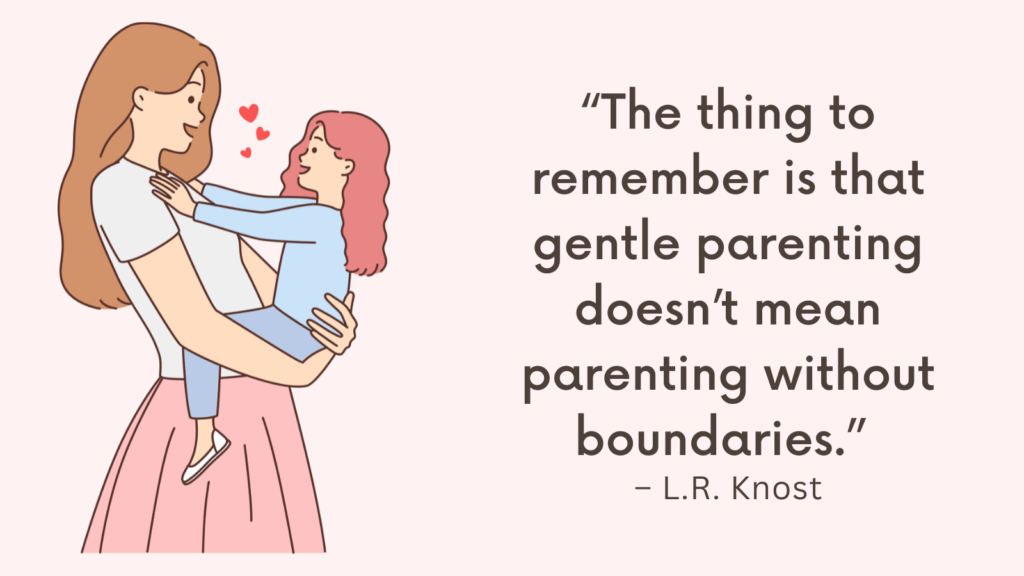In this post, you’re going to learn how to manage your 7-year-old tantrums.
What Is a Tantrum?
A tantrum refers to an emotional outburst or display of frustration, anger, or distress, typically exhibited by young children.
It often involves behaviors such as crying, screaming, kicking, hitting, or throwing objects.
Tantrums can occur when a child feels overwhelmed, unable to communicate effectively, or when their desires or needs are not being met.
They are a normal part of child development, especially during the toddler years, as children learn to navigate their emotions and express themselves.
Difference Between a Tantrum and a Meltdown?
While tantrums and meltdowns are both emotional displays, there are some key differences between the two:
1. Cause
Tantrums are typically triggered by a specific event, such as not getting what a child wants or being told “no.”
In contrast, meltdowns are often caused by sensory overload, feeling overwhelmed, or experiencing intense emotions.
2. Intensity
Tantrums tend to be more intense in terms of outward behaviors, such as crying, screaming, or throwing objects.
Meltdowns, on the other hand, can be more severe and may involve uncontrollable crying, screaming, self-injurious behaviors, or even shutting down completely.
3. Control
During a tantrum, a child may still have some level of control over their actions and may be attempting to manipulate the situation.
In contrast, during a meltdown, the child often feels completely overwhelmed and has little to no control over their behavior.
4. Duration
Tantrums are usually relatively short-lived and may subside once the child’s needs are met or they feel heard.
Meltdowns, however, can last for an extended period and may take longer for the child to calm down and regulate their emotions.
Related: Top 10 Phrases To Use When Your Toddler Doesn’t Listen
Common Triggers Of Tantrums In 7-Year-Olds
There can be various triggers for tantrums in 7-year-olds, and it’s important to identify them to address the underlying causes. Here are some common triggers:
1. Fatigue or hunger
If a child is tired or hungry, they may become more irritable and prone to tantrums.
Ensuring they get enough sleep and providing regular, nutritious meals can help prevent these triggers.
2. Frustration with a task
7-year-olds are constantly learning and developing new skills.
If they encounter a challenging task or struggle to accomplish something, it can lead to frustration and tantrums.
Offering guidance, breaking tasks into smaller steps, or providing encouragement can help alleviate their frustration.
3. Overstimulation
Sometimes, being overwhelmed by too much sensory input, such as loud noises, bright lights, or crowded environments, can trigger tantrums.
Providing a calm and quiet space where they can relax and regroup may help prevent overstimulation-related tantrums.
Related: Why Does My Toddler Hate Me? Top 8 Reasons
4. Emotional regulation difficulties
At this age, children are still learning to manage their emotions effectively.
They may have difficulty expressing themselves or controlling their feelings, leading to tantrums.
Teaching them coping mechanisms like deep breathing or providing them with a healthy outlet for their emotions can be helpful.
5. Changes in routine or transitions
7-year-olds thrive on routines and can become upset when there are unexpected changes or transitions.
These can include moving to a new school, changes in daily schedule, or disruptions in their normal routine.
Preparing them in advance, providing clear explanations, and maintaining consistency as much as possible can help minimize tantrums related to transitions.
Every child is unique, and their triggers for tantrums may vary.
By observing your child’s behavior and identifying patterns, you can better understand their specific triggers and work towards managing them effectively.
Related: How To Deescalate A Child? Top 12 Tips
9 Ways to Manage Your 7 Year Old Tantrums
Managing tantrums in 7-year-olds can be challenging, but there are strategies that can help. Here are a few tips:
1. Stay calm
When your child throws a tantrum, take a deep breath and remind yourself that it is a normal part of their development.
Reacting with anger or frustration may escalate the situation further.
Instead, maintain a calm and composed demeanor, which can help your child feel more secure and understood.
2. Validate their emotions
It’s essential to acknowledge and understand that tantrums are a normal part of a child’s development, as they navigate through various emotions and learn to express themselves appropriately.
Validating their emotions means letting them know that you understand how they feel and that it’s okay to feel upset or frustrated.
For example, you could say something like, “I can see that you’re feeling really angry right now because you didn’t get what you wanted.”
By doing this, you show empathy and help your child feel heard and understood.
Additionally, validation can help diffuse the intensity of the tantrum as the child feels acknowledged and less inclined to escalate the situation.
Related: Top 11 Parenting Myths That Are All Too Easy To Believe
3. Set clear expectations
It is important to establish rules and routines that your child understands and can follow consistently.
For instance, you can clearly communicate the consequences of certain behaviors, such as losing privileges or having a timeout, when a tantrum occurs.
Providing your child with visual aids, like a behavior chart, can also help them understand what is expected of them.
4. Offer choices
Providing options allows children to feel a sense of autonomy and control, reducing the likelihood of meltdowns.
For example, instead of telling your child what they should eat for dinner, offer them a few healthy choices and let them decide.
This way, they feel empowered and involved in decision-making, which can help prevent tantrums from arising.
Additionally, offering choices can also be used as a distraction technique.
If your child starts to exhibit signs of frustration or anger, redirect their attention by presenting them with a couple of alternative activities to choose from.
By offering choices, you not only address their emotional needs but also promote problem-solving skills and independence.
Related: Is My Child Gifted Quiz
5. Teach problem-solving skills
Start by acknowledging their feelings and validating their emotions.
Then, guide them towards finding a solution to the problem at hand.
Encourage them to think about alternative ways to handle the situation, emphasizing positive behaviors and choices.
For example, if the tantrum is due to frustration with homework, ask your child what strategies they could use to make the task easier or more enjoyable.
By involving your child in finding solutions, you empower them to take ownership of their emotions and actions.
6. Avoid giving in
By not giving in, you are teaching your child the valuable lesson that throwing a tantrum will not result in them getting their way.
Let your child know that tantrums will not get them what they want and that there are more appropriate ways to express themselves.
Related: Best 10 Books About HSP (Highly Sensitive Person)
7. Use positive reinforcement
Instead of focusing on punishment or negative consequences, using positive reinforcement helps to encourage good behavior and strengthen the parent-child bond.
One way to implement positive reinforcement is by praising and rewarding desirable actions and behaviors.
For instance, if your child completes their homework without any fuss, you can acknowledge and commend their effort by saying, “I’m really proud of how you focused on your homework today!”
Additionally, setting up a system of rewards, such as a sticker chart or a small treat after a certain number of tantrum-free days, can give your child something to work towards and motivate them to regulate their emotions.
8. Identify triggers
Identifying triggers involves paying attention to events or situations that consistently precede tantrums.
For example, a child might get frustrated when asked to do homework, when transitioning from one activity to another, or when feeling hungry or tired.
By recognizing these triggers, parents can proactively address them and help prevent tantrums from occurring.
Related: Best 10 Gentle Parenting Books
9. Teach emotional regulation
Help your child understand their emotions by labeling them.
By providing words like “frustrated” or “angry,” you can encourage your child to articulate their feelings instead of resorting to tantrums.
Additionally, encourage open communication and create a safe space where they can express their emotions without judgment.
Teach your child deep breathing exercises, which can help them calm down during moments of distress.
For instance, you can suggest taking three slow breaths in and out when they start feeling overwhelmed. Another helpful approach is to establish clear boundaries and consequences for inappropriate behavior.
Related: Best 10 Book Ideas For Kids
Conclusion
When a tantrum occurs, take a deep breath and remain calm.
When faced with a tantrum, remain calm and patient, offering reassurance that you are there to help.
It is important to remember that tantrums are a normal part of development and not a reflection of your parenting abilities.
It can be useful to establish clear boundaries and rules beforehand, so your child knows what to expect.
Stay consistent with these rules, even when they push back or become upset.
It’s important to remember that each child is unique, and what works for one may not work for another.
FAQ
At what age do tantrums typically start?
Tantrums typically start around the age of 1 to 2 years old.
This is because toddlers are still developing their communication skills and are learning to express their needs and desires.
How long do tantrums usually last?
The duration of tantrums can vary, but typically they last for a few minutes.
However, some tantrums can extend to 15-20 minutes or longer depending on the intensity and frustration level of the child.
It’s important to remember that each child is unique, and there is no fixed time limit for tantrums.
Related: What Not To Do With An Autistic Child
Are tantrums a sign of bad parenting?
No, tantrums are not necessarily a sign of bad parenting.
Tantrums are a normal part of child development, especially during the toddler years when children are discovering their independence and learning to regulate their emotions.
While it’s natural for parents to feel frustrated when dealing with tantrums, it is important to approach them with patience, understanding, and empathy.
How parents respond to tantrums can play a role in shaping their child’s behavior and emotional well-being.
Providing consistent guidance, teaching healthy coping strategies, and setting clear boundaries can help children learn to manage their emotions effectively over time.
Should I ignore my child’s tantrum?
It depends on the situation and the severity of the tantrum.
In some cases, ignoring a tantrum can be an effective strategy, as it may prevent the child from seeking attention through their behavior.
However, it’s important to prioritize safety and ensure that the child is in a secure environment.
If the tantrum poses a risk or if the child is really upset, it’s better to provide comfort and support while helping them calm down.
Every child is different, so it’s important to understand their individual needs and respond accordingly.
Related: Best 10 Children’s Books About Self Esteem
Can tantrums be a sign of an underlying issue?
Yes, tantrums can occasionally be a sign of an underlying issue.
Some children may have difficulty expressing their emotions or may struggle with sensory processing issues, language delays, or other developmental challenges.
If you notice that your child’s tantrums are particularly intense, frequent, or are accompanied by other concerning behaviors, it might be a good idea to consult with a healthcare professional or a pediatrician to rule out any underlying issues and get appropriate support and guidance.
Will my child outgrow tantrums eventually?
Yes, most children do outgrow tantrums as they develop better communication skills and emotional regulation.
As children grow older and gain more understanding and control over their emotions, tantrums tend to decrease in frequency and intensity.
Related: Does My Child Need Speech Therapy Quiz
Should I seek professional help if my child’s tantrums are severe?
If your child’s tantrums are severe, persistent, or interfering with their daily functioning or well-being, it is a good idea to seek professional help.
A healthcare professional or a pediatrician can assess the situation, provide guidance, and determine if there are any underlying issues that need to be addressed.
They may be able to offer strategies or refer you to a specialist who can provide additional support or interventions tailored to your child’s needs.
Remember, seeking professional help is not a sign of failure as a parent, but rather a proactive step towards helping your child thrive.
Related: Why Would A Child Need Occupational Therapy?
Are tantrums contagious? Will my child learn them from others?
Tantrums are not contagious in the sense that a child automatically learns them from others.
However, children can be influenced by observing and imitating the behavior of others, including parents, siblings, or peers.
If they witness frequent tantrums or see that tantrums result in attention or desired outcomes for others, they may be more likely to engage in similar behaviors themselves.
It’s important to model positive behavior, use effective communication techniques, and provide alternative strategies for managing emotions to help prevent the spread of tantrum behavior.
Can screen time or technology contribute to tantrums?
Excessive screen time or inappropriate use of technology can contribute to tantrums in some children.
Research suggests that too much screen time, especially for young children, can impact their emotional well-being, attention span, and behavior. (source)
It can overstimulate or mentally exhaust them, leading to increased irritability, frustration, and difficulty regulating emotions.
Additionally, screens can disrupt sleep patterns and interfere with other important activities like social interactions, physical play, and outdoor experiences.
Establishing healthy screen time limits, encouraging a balanced lifestyle, and providing alternative activities can help reduce the likelihood of tantrums associated with excessive screen time.
Related: Does My Child Need Occupational Therapy Quiz
Can excessive sugar or food additives trigger tantrums?
While there is ongoing debate and individual variation, some studies suggest that excessive sugar intake or certain food additives may potentially trigger or exacerbate tantrums in some children. (source)
However, it’s important to note that not all children will have this reaction.
Every child is unique and may respond differently to certain foods or additives.
It can be helpful to observe and track your child’s behavior and reactions after consuming specific foods to identify any potential triggers.
Maintaining a balanced and nutritious diet, including fresh fruits, vegetables, whole grains, and lean proteins, is generally recommended for supporting overall physical and emotional health.




